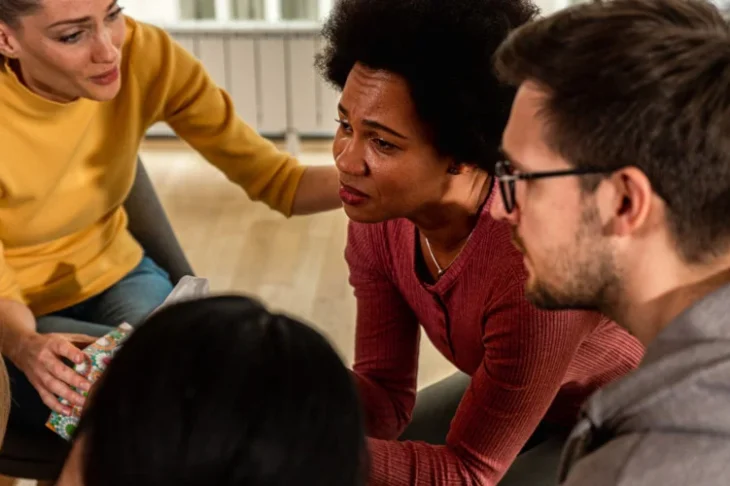
Education In Breaking The Stigma Of Addiction
Education is paramount in the battle against the longstanding stigmas surrounding addiction and mental health. Drawing upon the work of Lance M. Dodes, an esteemed expert in the field, it’s evident that a deeper understanding of addiction is needed not just by those affected but also by society at large.
According to Dodes, the conventional belief that addiction stems from a lack of willpower is a misconception. In his works, such as “The Heart of Addiction” and “Breaking Addiction: A 7-Step Handbook for Ending Any Addiction,” Dodes delves into the psychological triggers of addiction. He posits that it’s often a misguided response to feelings of helplessness in one’s life1. This perspective underscores the importance of education; if you understand that addiction is, in many cases, a response to deeper emotional distress, you might view those struggling with it with more compassion and less judgment.
Education’s role isn’t just to spread knowledge but to humanize and demystify addiction. Consider, for instance, someone you know grappling with addiction. When you educate yourself on Dodes’ perspective, you might see their battle in a different light. Instead of isolating them due to societal stigmas, you’d be better equipped to provide genuine support and understanding. Moreover, for those directly facing addiction or mental health challenges, knowing the deeper psychological contexts can be empowering. It offers clarity and can be a stepping stone to seeking appropriate treatment or therapy.
Here’s a step-by-step guide to the role of education in breaking the stigma of addiction and mental health:
Step 1: Start with Personal Education Before you can help others understand, make sure you’re informed. Dive into reputable sources like books by Dr. Lance Dodes and other addiction specialists. Familiarize yourself with the emotional and psychological underpinnings of addiction.
Step 2: Challenge Your Own Biases Self-reflection is crucial. Recognize any biases or misconceptions you may have held about addiction and mental health. By confronting these, you pave the way for genuine empathy and understanding.
Step 3: Engage in Open Conversations Once you feel confident in your understanding, initiate conversations with friends, family, and colleagues. Sharing what you’ve learned and listening to their perspectives can lead to richer insights.
Step 4: Utilize Media Responsibly Be mindful of the media you consume and share. Advocate for realistic and empathetic portrayals of addiction. When you come across well-made documentaries, articles, or other resources, share them to amplify the message.
Step 5: Attend Workshops and Seminars Enroll in local workshops or seminars focused on addiction and mental health. This not only broadens your knowledge but also connects you with like-minded individuals.
Step 6: Collaborate with Schools and Institutions Partner with educational institutions in your community. Encourage them to include lessons on addiction and mental health in their curriculums, emphasizing understanding and empathy.
Step 7: Advocate for Transparent Research Support and promote transparent research on addiction and mental health. This aids in dispelling myths and promotes evidence-based understanding.
Step 8: Offer Support, Not Judgment Whenever you encounter someone battling addiction or mental health issues, offer support. A compassionate approach, based on your education, can make a significant difference in their journey.
Step 9: Share Personal Stories If you or someone close to you has a personal experience with addiction or mental health, and you’re comfortable, share these stories. Personal anecdotes often resonate deeply and can be instrumental in changing perceptions.
Step 10: Continuous Learning The understanding of addiction and mental health is ever-evolving. Stay updated with the latest findings, research, and methods. This ensures that your efforts in combating stigma remain effective and relevant.


